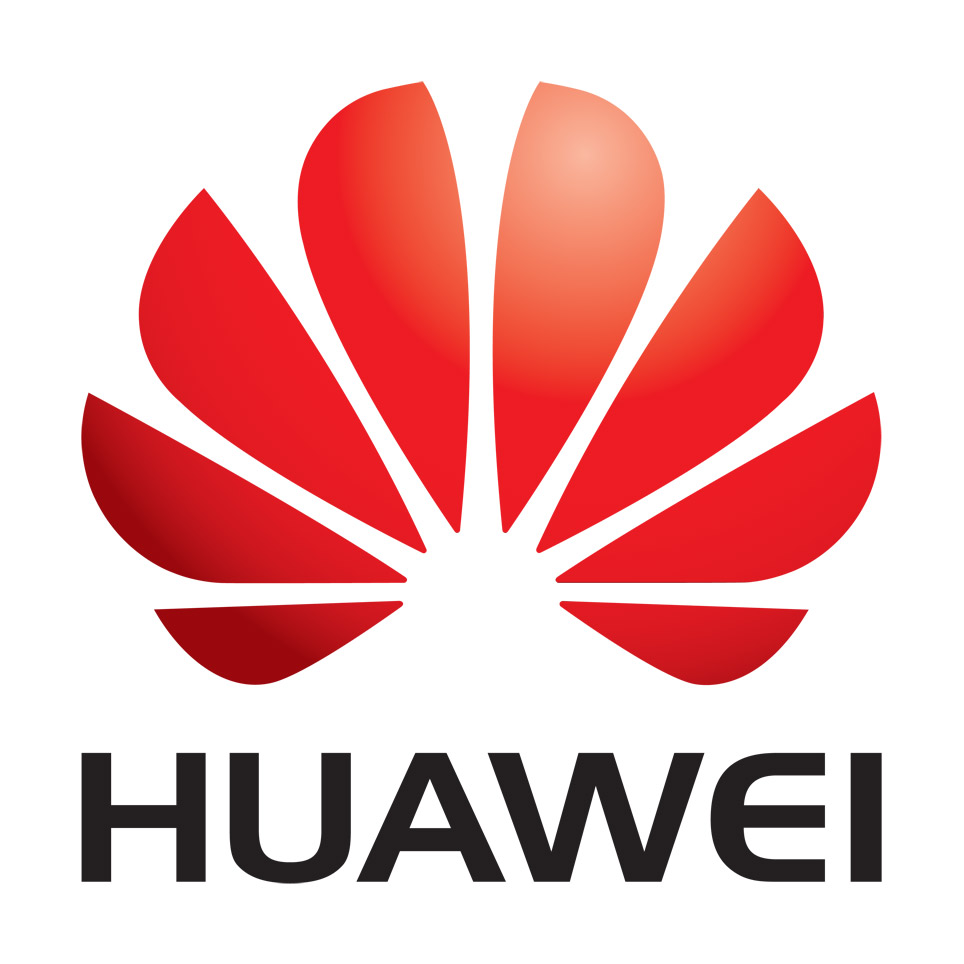Huawei: No wireless network growth in US markets this year

A Huawei executive has admitted that the telecom equipment maker will not see growth this year in the United States.
In a recent interview with The Wall Street Journal, Huawei executive Bob Cai, who is in charge of the firm's wireless marketing division, admitted that there will be no growth margin in the U.S. market in 2013.

Although Huawei does expect to see growth from Asian and European markets as mobile device and network demands continue to rise, security concerns have led to government officials in Europe and the U.S. advising caution when using or purchasing Huawei's equipment, as well as networking products produced by ZTE.
The two reports which have likely led to the most damage to Huawei's reputation were released by the U.S. House of Representatives Intelligence Committee and the European Commission last year. The documents suggested that networking equipment produced by the firms could pose a security risk, as malicious code allegedly could be built into the products and then could be used to spy on national networks.
Both companies have denied the allegations. However, concerns remain over integrating their technology within U.S. infrastructure, as suggested by reports that the U.S. government may require the oversight of Chinese networking equipment purchases in the Sprint-Softbank merger.
Due to these issues, Huawei has effectively been "shut out" of American markets, although demand is "solid" elsewhere. Cai expects that one of the firm's main units — which develops mobile network infrastructure — will still see growth of at least 10 percent in 2013. The executive believes this growth margin is "not ambitious," even amidst the current economic climate and security scrutiny.
Especially considering setbacks in America, maintaining a strong position in European markets is crucial for the Chinese company. The majority of its revenue is generated abroad, and Huawei's strongest market positions are currently in the United Kingdom, Germany, and in developing countries, including Indonesia — something the executive attributes to trust and long-standing relationships rather than competitive price points.
"We've already built trust. Some European carriers have actually complained to us that the prices we offer are too high, higher than competitors like Nokia Siemens."
The Chinese firm's wireless network business posted revenue of 45.91 billion yuan ($7.4 billion) in 2011.